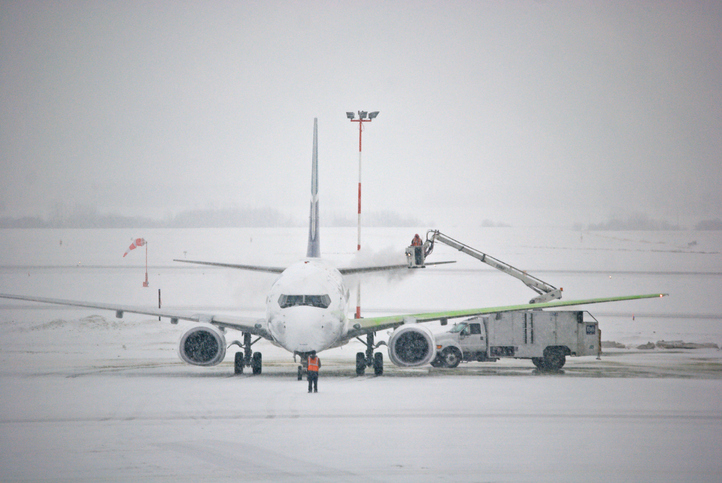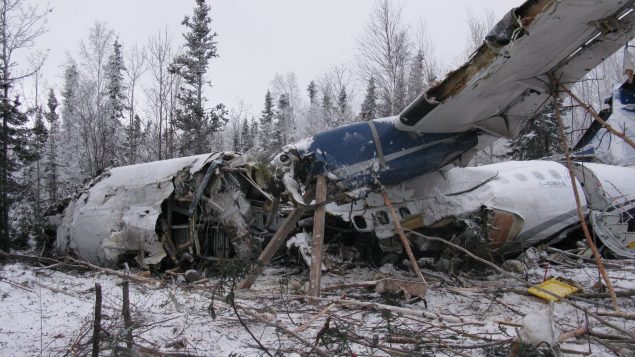A survey by the independent Transportation Safety Board found there is not enough de-icing equipment in Canada’s North and that pilots often break rules requiring ice to be removed from airplanes before they take off. Canadian land north of the tree line measures about 2.7 million square kilometers and makes up over 27% of the country’s total area. It is sparsely settled, and air travel is often the only way to cover the huge distances.
The survey was conducted after the crash of a plane in December 2017 in Fond-du-Lac in the western province of Saskatchewan. It was found that the crew took off with ice contamination on the aircraft’s critical surfaces. It is known that can make it difficult to control an aircraft.

Major Canadian airports have de-icing equipment but in many remote northern airports it was found to be lacking. (iStock)
Pilots often left with ‘contaminated surfaces’
To learn more about de-icing practices, the board sent questionnaires to pilots at 83 operators flying in remote northern locations. From over 650 responses they learned that de-icing equipment is often inadequate and it has become “normalized” for pilots to leave with contaminated critical surfaces.
Noting that many northern airports have an icing season of 10 months or more and that thousands of flights take off yearly from those airports, the board made two recommendations. First it wants the Canadian government and air operators to take urgent action make sure there is adequate de-icing anti-icing equipment at northern airports and second, that they take steps to increase flight crew compliance with de-icing regulations.
One person died and nine were seriously injured in the crash which triggered this investigation.







For reasons beyond our control, and for an undetermined period of time, our comment section is now closed. However, our social networks remain open to your contributions.